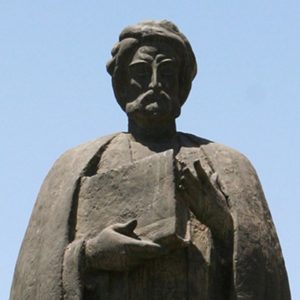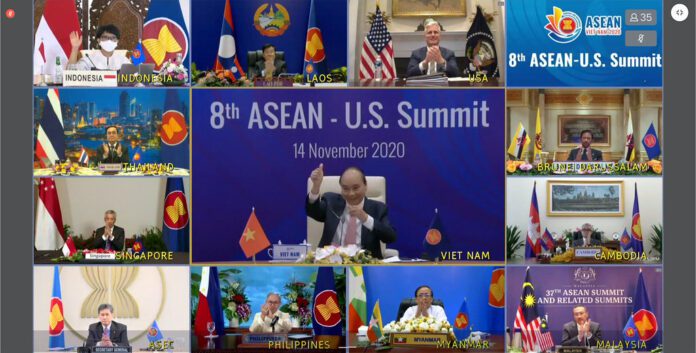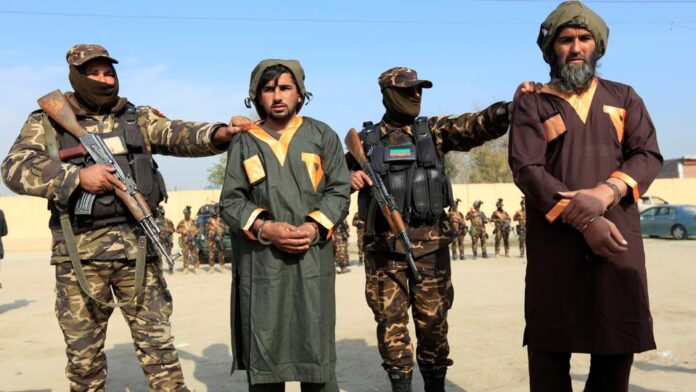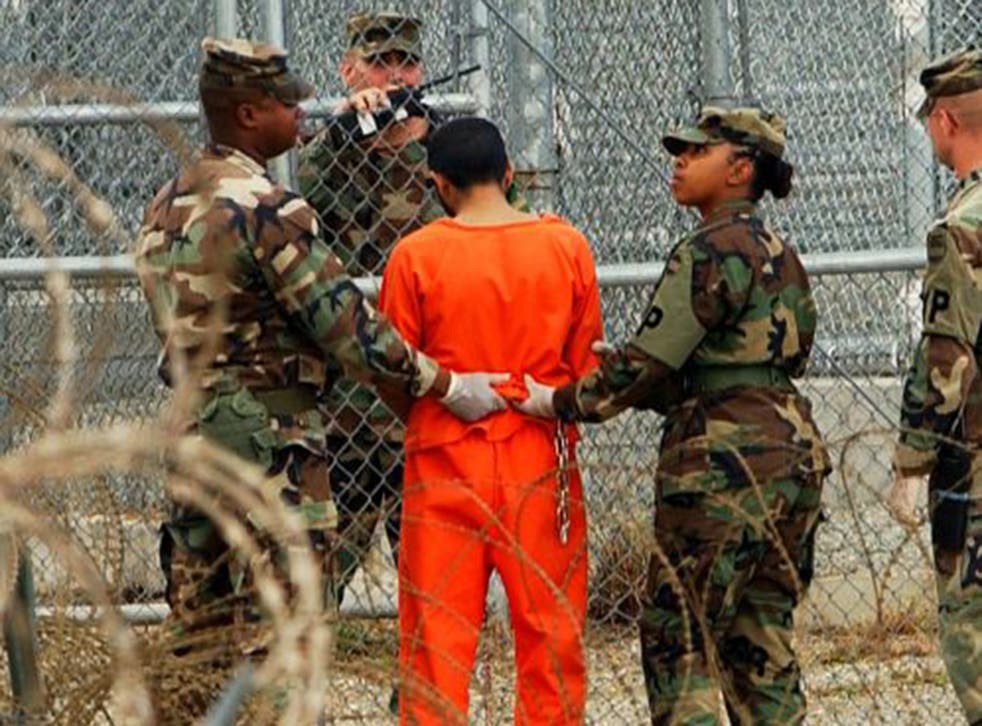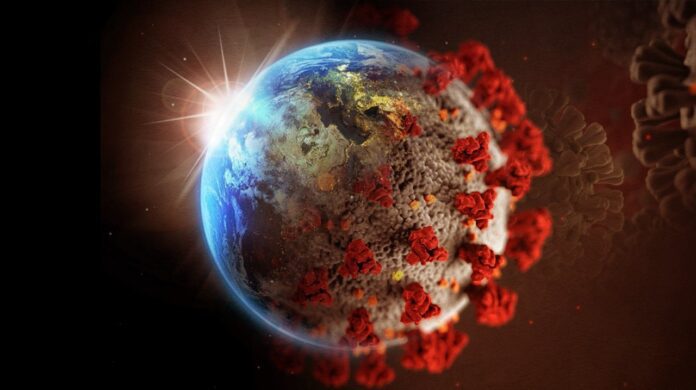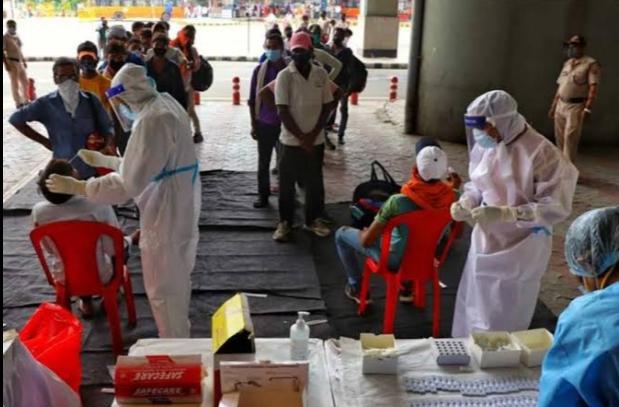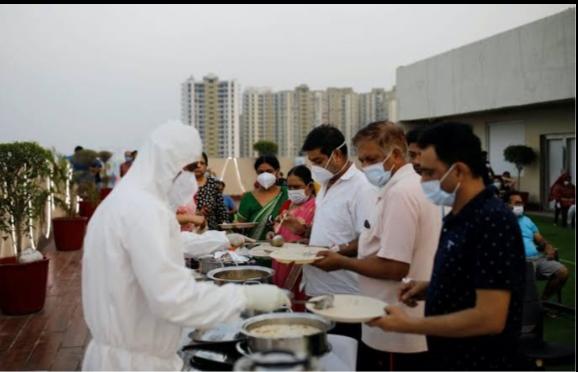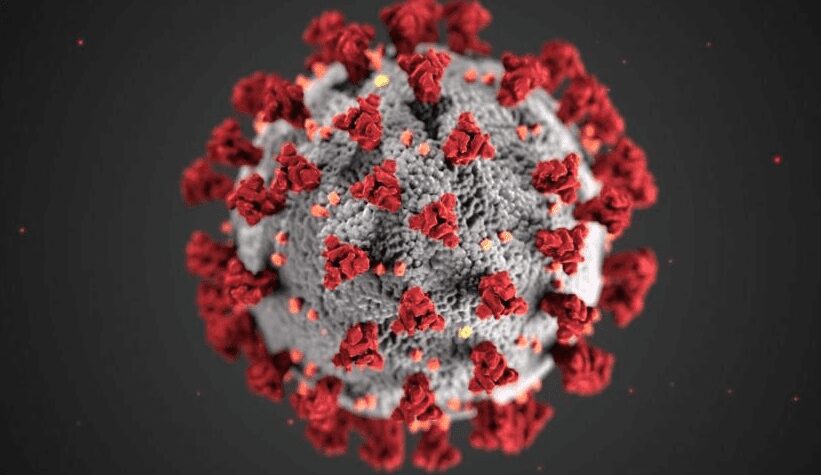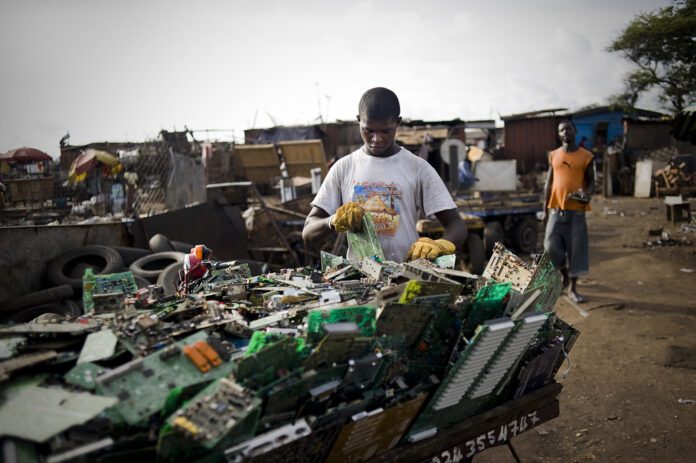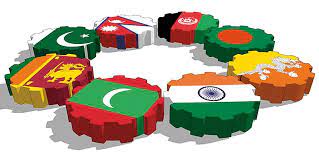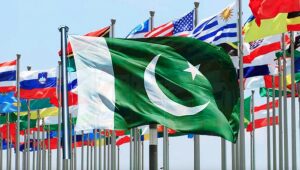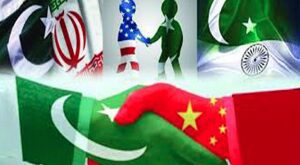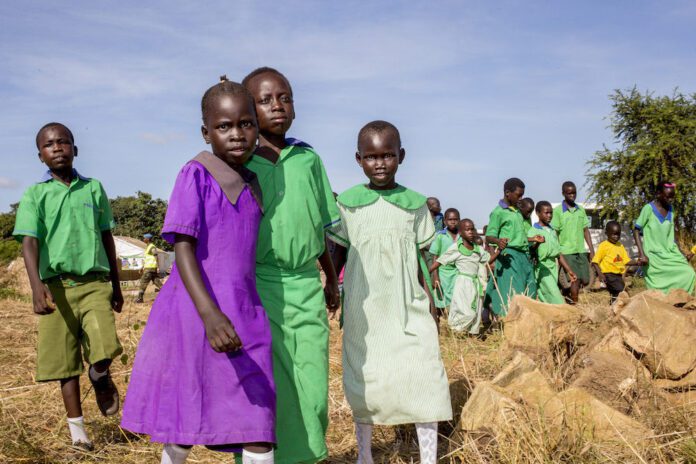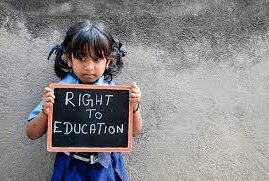History as a linear or a cyclic process: Herodotus, Khaldun, and Augustine
In social sciences, we often come across different schools; in history or the philosophy of history, there are many, but prominent are two competitive claims that history is a linear or a cyclical process.
So, in this essay, a comparison of both the schools will be made in the light of the works of three famous historians: Herodotus, also known as the Father of History; Khaldun, as the Father of Social Sciences and Modern Historiography; and Augustine, a historian, and theologian.
Further skimming of both ideas is necessary before starting. Those who claim to be linear believe that there is a chain of events written in chronological order, and the events that happened in the past are very unlikely to take place in the future. At the same time, those like Herodotus and Khaldun believe that it is a cyclical process.
History is a mixture of the jumbled-up pattern of events that would happen and take place again. However, human behavior is unpredictable but is still predictable by looking keenly and observing the chains of events that thoroughly happened in the past.
By analyzing that pattern, humans cannot only predict the future somehow but also crack human psychology.
Khaldun, as the Father of Social Sciences
Khaldun believed that an empire lived for a life span of almost 120 years, which means four generations. He argues further that the Asabiya of society, when it grows stronger, comes into a position to overthrow the reign of Hadara, or the civilized world.

The Badawi, or the uncivilized, then become civilized, acquiring more lands and acquiring wealth for their luxury. Four generations later, they had forgotten all the norms of their predecessors, resulting in a weak Asabiya, and hence were attacked by another group of Badawi, resulting in the collapse of the power of the existing and a new empire starting.
Khaldun’s theory is applicable in many cases even today if we look at the American power has reached a hundred years and now in the contemporary time, the American power is encountering different challenges.
One of the major issues is China’s becoming an economic giant, which is predicted to overtake the USA by 2030. But there are some instances, like the Ottoman Empire, where this theory fails; the Ottomans ruled for 626 years.
Augustine historian, and theologian.
Saint Augustine, on the other hand, was a converted Christian who lived in Hippo, modern-day Algeria. He wrote his famous book, “The City of God,” in response to the Romans who blamed Christianity as the sole cause of Rome’s downfall.

Augustine followed the Religious traditions of history and was portrayed to be a chain of events imposed by God. Humans followed their unique nature to make the events happen.
He claimed that the roman downfall was due to their attitudes towards Christianity, while what remained in the Roman Empire was due to the blessings of Christianity.
In the first five chapters of “The city of God”, Augustine mentions the History of the Roman Empire. While apart from all the previous Historians of Greece and Rome, he had an approach to writing history linearly.
He believed that would not repeat itself, as humans have a unique and unpredictable nature.
Herodotus, the Father of History
Herodotus and his counterparts in ancient Greece, like Thucydides, mostly believed in history being a cyclical process. Herodotus believed that humans have a nature that can be predicted to an extent by being observed keenly.

This way, the predictable human behavior would result in a similar event that would take place in the future. So history as a subject or a knowledge can be useful only if it can guide the generations to come about the past and to learn from history and be prepared for any next events of a similar nature.
Predicting and preparing for any type of event helps a lot. History is the backbone of all the social sciences. The events that were recorded, with no coherence in them, are mere recorded events, not history.
The histories of Herodotus, for example, are still relevant in contemporary times with a few exceptions and a few changes because of a lot of time in between and the advancement today.
Persians being defeated by the Scythians and Americans bearing heavy losses in the Vietnam War if we analyze the two wars being fought with a time difference of 2500 years have a lot many similarities and commonalities.
Both Superpowers were defeated by the hit-and-run tactics or what we came in modern strategy as Guerrilla warfare. Chronologically Ibn e Khaldun was the last in them while Herodotus was the first among three.
Though Augustine was a great thinker of his time if we look at what is more relevant today is Herodotus and Ibn e Khaldun.
History has a pattern and it repeats itself, the spread of viral diseases for instance Plague, Spanish influenza, and now Covid-19, and along with them are a lot many other viruses.
Most virus outbreaks happen due to contact with infected animals, birds, or mosquitoes, and historians have written about them. Yet again, the coronavirus came from bats. The theory of cyclical is the most dominant that makes history to be useful.
While at some points history seems to be linear but linear does not make any significant change to the human race. It is just to know the happenings of the past but when the cyclical theory applies it becomes a lot more useful.
For instance, realism in International relations has the concept of balance of power, and nuclear deterrence is never breached in the history of nuclear bombs.
According to strategists and experts, there are very few chances that two nuclear powers would ever fight directly. That is the reason nuclear deterrence is a widely discussed topic among policymakers.


